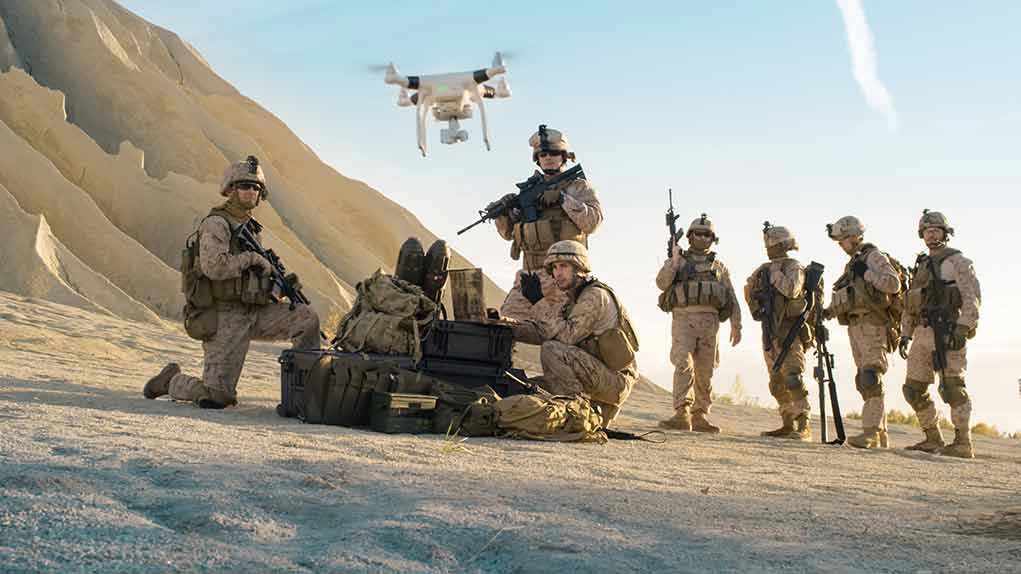
In a shocking revelation, Mexican and Colombian cartels are reportedly infiltrating Ukraine’s frontline under the guise of foreign legionnaires to grasp advanced drone warfare skills, posing a grave security threat to the western hemisphere.
At a Glance
- Cartels infiltrate Ukraine’s International Legion for drone warfare training.
- Ukrainian and Mexican authorities launch joint investigations.
- Potential escalation in cartel violence using military-grade drone tactics.
- International implications as criminal groups exploit conflict zones.
Cartels Exploit Conflict Zones for Tactical Advantage
Mexican and Colombian cartels, notorious for their brutal tactics, have now found a new playground—Ukraine’s war-torn battlefield. These criminal organizations are reportedly infiltrating Ukraine’s International Legion to gain advanced drone warfare skills. This is not a plot from a Hollywood thriller; it’s happening right now. The cartels’ goal is to return to Latin America armed with military-grade drone tactics, ready to unleash a new wave of violence against rivals and security forces.
The Ukrainian conflict, already a complex geopolitical issue, has inadvertently become a training ground for these criminal groups. Ukraine’s International Legion, intended to bolster the fight against Russian aggression by welcoming foreign volunteers, has become a point of entry for these cartels. The lack of stringent background checks has allowed operatives with fraudulent documents to slip through the cracks, a chilling reminder of the chaos that arises from unchecked immigration policies.
Joint Efforts to Tackle the Infiltration
The infiltration has sparked a joint investigation by Ukrainian and Mexican authorities. Ukrainian military intelligence, in collaboration with Mexico’s National Intelligence Center, is working tirelessly to identify and expel these operatives. The investigation has already led to the tightening of the Legion’s recruitment protocols. However, the damage might already be done, as several cartel operatives have reportedly completed their training and returned to Latin America.
This infiltration underscores the need for robust international cooperation to prevent conflict zones from becoming breeding grounds for organized crime. The challenge lies not only in stopping these cartels but also in ensuring that Ukraine’s fight for sovereignty doesn’t inadvertently fuel transnational crime.
Implications for Regional and Global Security
The ramifications of cartels wielding advanced drone warfare skills are terrifying. Latin American communities, already plagued by cartel violence, could face more sophisticated and deadly attacks. The use of drones for precision strikes would elevate the threat level for law enforcement and military forces tasked with countering these groups.
On a global scale, this sets a dangerous precedent. If cartels can exploit a conflict zone to enhance their capabilities, what’s stopping other non-state actors from doing the same? This development could lead to an arms race in drone technology among criminal organizations. It’s high time for the international community to address the loopholes that allow such brazen exploitation of global conflicts.
Need for Strategic Policy Changes
President Trump, in a decisive move, has already designated Mexican cartels as Foreign Terrorist Organizations. This classification aims to curb the influence and operational capacity of these groups. However, more needs to be done at the legislative and enforcement levels to prevent such scenarios from happening in the first place.
It’s crucial for nations involved in conflicts to implement stringent vetting processes for foreign volunteers. The risk of blowback from inadequately screened recruits is too high to ignore. The fight against organized crime should include measures to prevent the transfer of military knowledge and technology to criminal entities.




